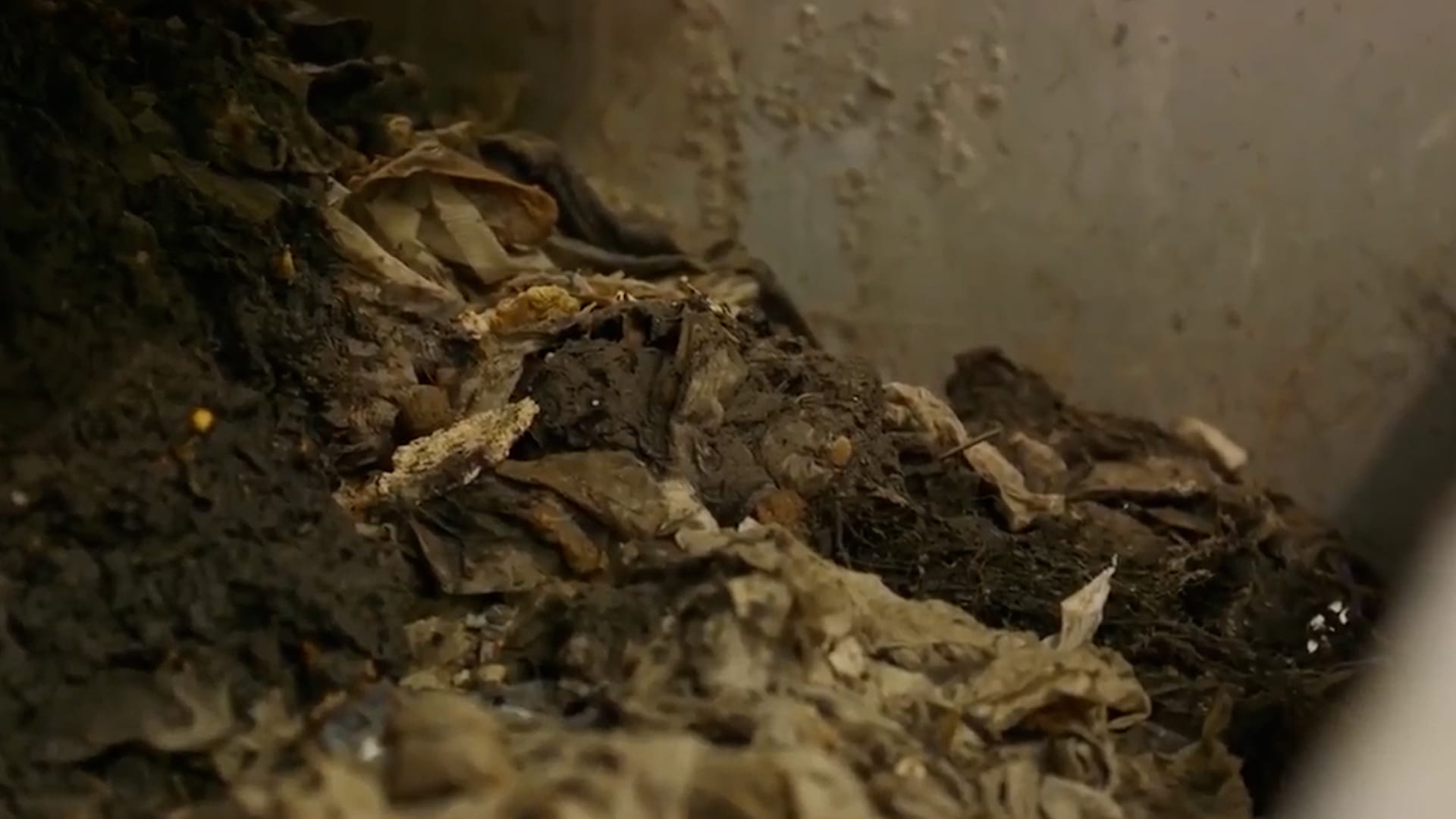
Call them expensive, troublesome and a pain in the backside; but you can no longer call these wipes ‘flushable’ in Michigan
So-called “flushable” wipes really aren’t flushable. In fact, they are a constant headache for wastewater treatment plant operators and significant expense for ratepayers. They clog screens and pumps used in treatment plant facilities, requiring constant maintenance and costly cleaning expenses.

Wipes mucking up the works at the Great Lakes Water Authority’s Water Resource Recovery Facility. Courtesy of Great Lakes Water Authority.
Thanks to a newly-passed state law, manufacturers are no longer allowed to market the wipes in Michigan as “flushable.” In fact, they are required to include the words “Do Not Flush” and a symbol dissuading people from sending the sturdy fabrics to sewage treatment plants.
“These wipes are wreaking havoc on critical underground infrastructure,” said Macomb County Public Works Director Candice Miller, who has campaigned for years against the pump clogging cloths. In 2018 a 100-foot long “fatberg” combination of fats, oils, grease and solids including flushable wipes clogged a Macomb County sewer, requiring a $100,000 cleanup. Miller said she welcomes the new law, which will help reduce chances of fatberg reappearance. “I commend the Legislature and Gov. Whitmer for establishing labeling standards on disposable wipes packaging. This law has to the potential to save millions of dollars that is currently spent to repair the damage these wipes are having on underground systems everywhere.”
In Oakland County alone workers responded to 474 instanced of clogged machinery at local system pump stations in the past six years due to wipes fouling the pumps. The work cost taxpayers an estimated $134,000 according to the Water Resources Commissioner’s office.
The problem isn’t just at municipal treatment plants. Michigan’s nearly 1.5 million septic systems are also at risk from the wipes, which can clog pipes, and do not break down in the septic tank – requiring more frequent cleanouts.
“More honest labeling on these products should help people understand the issues they create for our wastewater plant operators and septic system users,” said Phil Argiroff, director of EGLE’s WRD. “They aren’t, and never were, truly flushable. We’re glad to see this being addressed.”
EIN Presswire does not exercise editorial control over third-party content provided, uploaded, published, or distributed by users of EIN Presswire. We are a distributor, not a publisher, of 3rd party content. Such content may contain the views, opinions, statements, offers, and other material of the respective users, suppliers, participants, or authors.

